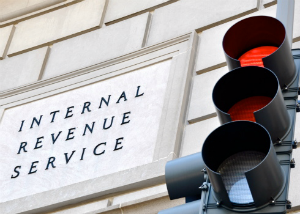FSA
President Donald Trump signed a new stimulus bill into law on December 27, 2020 which will provide direct payments to eligible individuals and loans to small businesses, among other things. Among those other things are temporary and optional changes that employers can implement to Health and Dependent Care Flexible Spending Accounts (Health FSAs and Dependent Care FSAs).
The Internal Revenue Service (IRS) released Rev. Proc. 2020-45 on October 26th with 2021 inflation adjustments for various provisions of the Internal Revenue Code (the “Code”). Included in the announcement are maximum contribution limits for Flexible Spending Accounts (FSAs) and other employee benefit programs. A summary of some of the 2021 contribution limits has been provided below.
Technology has influenced employee behavior and changed expectations. They are no longer comparing good and services, but instead experiences. As a result, they are demanding innovation, engagement, and personalization across every aspect of thier lives, including healthcare.
As healthcare costs continue to rise, consumers are becoming increasingly responsible for out-of-pocket expenses, regardless of their health plan type. By pairing every health plan with a consumer-driven account, your clients will not only save money but also provide their employees with a better way to manage their healthcare spending.
In just a very short period of time, the Coronavirus Disease (COVID-19) is impacting health plans and health care throughout the country. Here are some key examples of recent developments:
The Internal Revenue Service (IRS) recently issued long awaited guidance that details how someone can be Health Savings Account (HSA)-eligible the following plan year if they have access to funds that rollover from a Healthcare Flexible Spending Account (FSA) from the previous plan year.
Last week, Senator Ben Cardin (D-MD) and Senator Mike Enzi (R-WY) introduced S 9.66, the Medical FSA Improvement Act, to eliminate the Use-It or Lose-It rule by allowing individuals to cash-out unused Flexible Spending Account (FSA) balances with the amounts treated as taxable income.
View the legislative language >>
What could this mean for Americans?
As tax season comes to a close, you might be wondering how to save more next year. Flexible Spending Accounts (FSAs) are a great tool that allows you and your employees to save on healthcare and dependent care expenses. Celebrating 25 years as a trusted benefits administrator, we have done the math to help you visualize your potential savings with our FlexFSA® product:
Benefits Buzz
Enter Your Email









